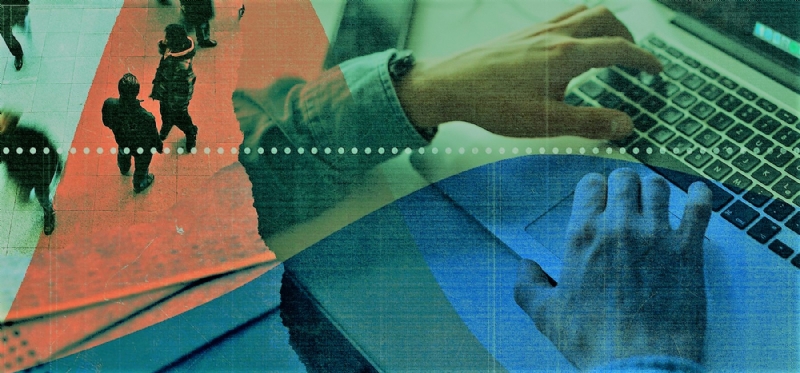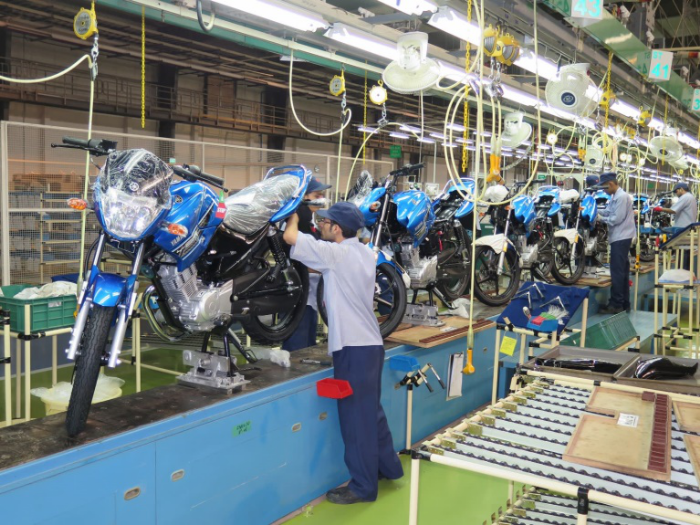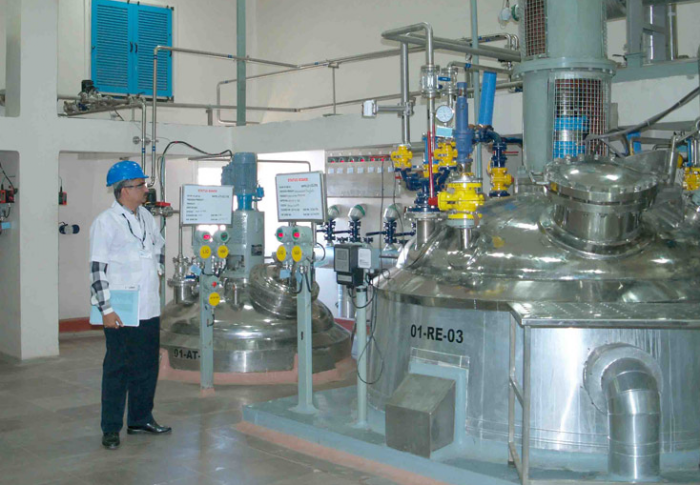Are You Ready to Change?
28 Apr 2020 18:38:17

It’s been now more than 4 months that the COVID19 Coronavirus started to proliferate. By now it has spread across the world and this, hitherto flowing, pulsing and thriving humanity has gone into “The Great Lockdown” as Gita Gopinath of IMF calls it. Everyday, as we fume and stew about it, closeted in our claustrophobic homes, bereft of all the “social necessities” such as shopping, movies and dining out with friends et cetera, the world around us is getting eerier every day like a ghost town without the usual hustle, noise and smoke emanating from the engine of economy at work. Human Being, the master of this universe and that gregarious animal, is now being forced by a microscopic virus in to a jail.
This is unprecedented. There have been many global pandemics and outbreaks that have killed many millions across the world like the Plague, Black Death, and Influenza. But none of them stopped the entire world in its tracks like this outbreak has. One can call it a negative side of this globalised, highly connected and intertwined world, that this pandemic, though basically not much different than the earlier ones, has managed to bring us to a standstill, all too suddenly. This has never happened before.
Never before have the ships, aeroplanes and trains across the world ever stopped plying. Never before the “mega-factories” of the world have stopped manufacturing processes together in tandem. Never before the demand for oil has ever crashed to such a low, that there is no place to store the crude being produced. Never before the skies were so blue and the waters of the ever-polluted rivers in India so clear and clean. Never before the entertainment world, the movie screens, the sporting arena’s the sprawling stadia have ever looked so empty. So, like I said, we humans have never experienced anything of this sort.
Is it not only logical to argue that like the problem itself the solutions also need to be novel, imaginative and extraordinary?
So why is it that we are thinking of the same old financial & monetary solutions that have been applied in the past, successfully or not, to any typical economic downturn or a recession? Why is it then, that, despite such an unprecedented situation, we are looking at Governments, Central banks and IMFs of the world for the same hackneyed age old medicines? Do we, or should we really believe, that reduced interest rates, moratoriums, financial forbearances or any such temporary government support that’s being demanded, shall be the panacea that would set everything right, and allow us to conduct business as usual?
Are we, the world, collectively in a denial?
Are we rejecting the possibility that we may not be able to find a definitive solution, like a vaccine or remedy, to this problem and may be forced to try & live with it for the next foreseeable future? Or even if we do find a remedy, considering the enormity of this shock, the world may not dare go back to its old ways, and it will never be business as usual?
Mind you, I am not trying to push you to think “Armageddon or Qayamat” here! On the contrary, my thesis is, though this is not the “End of the World”; our world has certainly changed for good. And change is always good for it brings opportunities.
This prolonged period of global lockdown will surely change our way of life in many ways than one. Some changes will be temporary while others may leave a lasting impression. But surely there will be some changes that will be permanent and need new game plans. The new evolving scenario will also surely throw up new opportunities and newer horizons will beckon, but only to the discerning eye.
Who has taken the worst fall?
Let us focus on one of the more obvious areas of concern. Amongst all human activities, the worst hit is the industrial sector. We have seen slowdowns, recessions and even depressions before, but never have we witnessed such complete cessation of all activities across various industrial verticals.

A typical example would be the Auto Sector. Not many Trucks, Tractors, Passenger Cars, Two Wheelers etc worth the name, have been sold anywhere across the nation and possibly the world for last two months and more! This lockdown has severely eroded the purchasing power and sentiment across all customer segments. So, it is unlikely that demand will pick up any time soon.
Thus the “Auto Ancillaries” i.e. Tier-1,2,3 industries and suppliers may not be needed to ramp up production to normal levels for next few months. This is going to be a slow, grinding, uphill climb.
All of the Auto Industry participants will therefore not only need to adopt a “Collective Survival Mode” but they will also need to think “out of the box” to find out ways to utilise their facilities and manpower to create new cash flows. A more collaborative approach within a “Cluster” or among units having similar industrial product or processes can go a long way in sustaining all the stakeholders. Everybody will need to recognise that this is the time to plan the change and prepare to adapt quickly.

Unutilised capital investment in plant and machinery, trained manpower and business goodwill will be a very heavy burden to carry for any “Balance sheet” if we don’t change the “Status Quo” mentality. This is the time to let lose that entrepreneurial spirit which helped build these very industries in the first place.
But this response will need to be built by the “Industry Participants” themselves. Owners, Managers, Engineers, Designers, Workers along with Bankers and Investors will need to come together, at each available platform, virtual boardrooms and meeting rooms within the company, within clusters, within the supply chain or in industry associations. Get on your phones, organise telethons, video conferences on Skype, on Zoom or on Cisco Webex and start discussing CHANGE.
So, are you ready to change?

Vinay Kulkarni
Vinay Kulkarni is basically an oil and gas professional, starting off his career with Indian public sector ONGC as a field production engineer. After 15 years of experience on land and in “Bombay High” deep sea, he joined British Petroleum in Singapore and Vietnam to work on gas production platforms located in South China Sea. After 3 years with BP he headed Engineering & Production for North Africa in BHP Billiton at their head office in London, UK, spending more than 5 years, mostly in the centre of Sahara Desert of Algeria looking for more gas!
With a rich experience of 24 years in Oil &Gas, he returned back to Nasik to begin a new innings as CEO& Director of an Automation, Integration and Special Purpose Machines company in MSME sector! This business gave him a unique opportunity to get a closure look at a lot of large industrial organisations apart from other MSMEs.
Now retired from all industrial engagements, he has recently completed a full time MA in Economics from Pune University and is presently pursuing his PhD research and studies at the prestigious “Gokhale Institute of Politics and Economics, Pune”.